No. Not exactly. Jesus’ point in Matthew was that I should be very careful that I am not judging others too critically or harshly and at the same time excusing all kinds of sin, ignoring the evil in myself.
The fact is, I judge every day. You do too. With every choice that I make, every word that I speak, who or what I devote my time, energy and resources to, every decision I make involves judgment. Ultimately, my judgments reveal the true “god” of my life.
My judgments are typically unspoken, unnoticed by others, But as governor of Rome, Pilate’s judgment that day would be eyed by thousands and known for all of time. And his judgment would reveal the “god” of his life.
Pilate was in a predicament. When I read through each Gospel account of Pilate, I see a conflicted soul, caught in the crosshairs. Over and over and over again he wants to free Jesus, he tries to free Jesus, and he can find no legitimate charge against Jesus. He knows this man doesn’t deserve death. At one point in his time with Jesus, he asks him, “What is truth?” The only truth Pilate knows and trusts is power. But it’s a power that is earthly, uncertain, one that could easily slip through his fingers if he’s not careful. Deep down, this man with power is ruled by fear. Fear of what his peers would say, of who the religious leaders threatened to tell, of what Caesar could do.
Fear was Pilate’s master.
Fear annihilates faith.
A couple of decades after Pilate judges Jesus, the Apostle Paul pens these words to the church at Galatia. “Am I now trying to win the approval of men, or of God? Or am I trying to please men? If I were still trying to please men, I would not be a servant of Christ.”
Pilate judged the approval of powerful men more important than the life of an innocent man. He judged his palace and position as a better investment than his eternal future. He judged that pleasing the people was wise, wiser than following his conscience and doing the right thing for a righteous man.
Fellow servants of Christ, may we learn a lesson from Pilate’s predicament, and instead live fearlessly, for the approval of God.
Donielle Winter
EFCC Member

